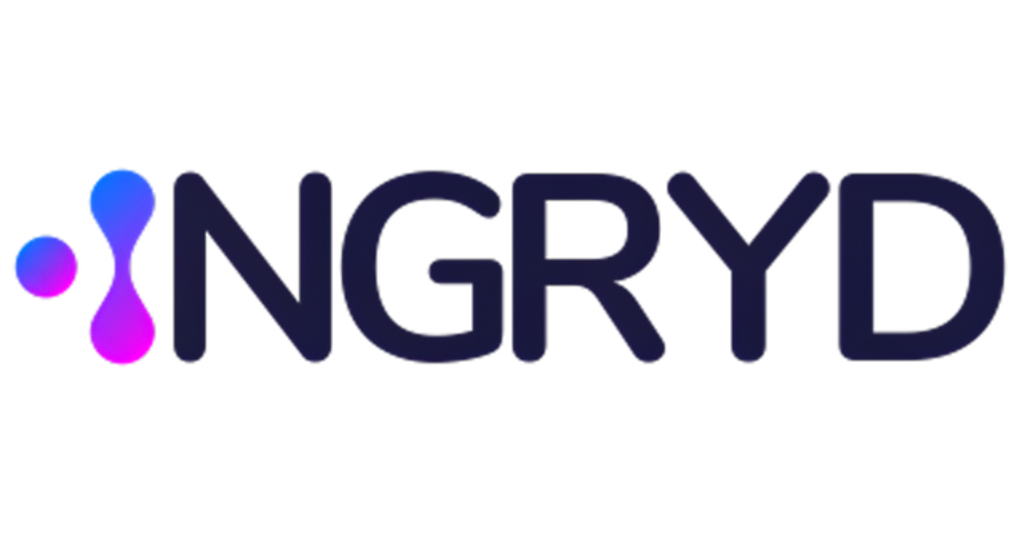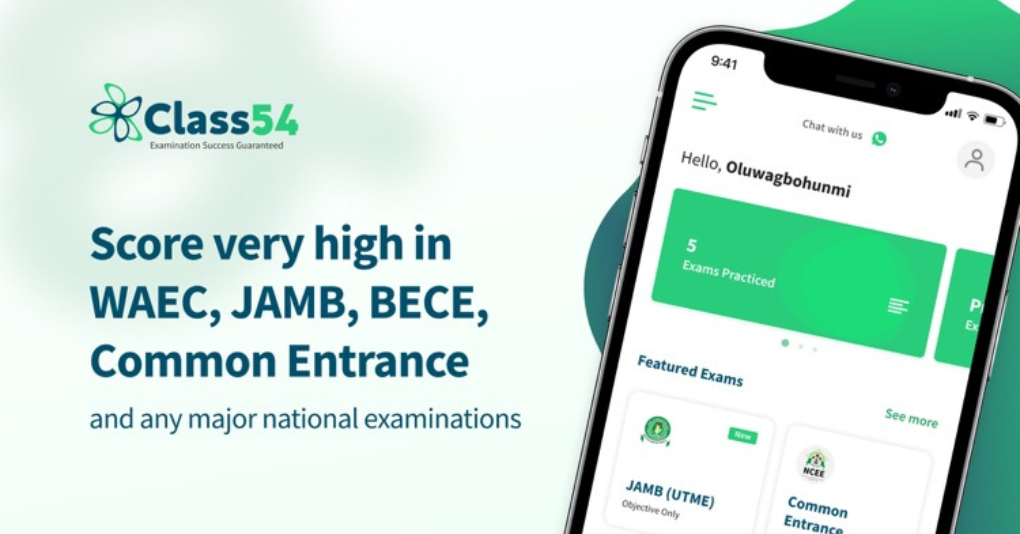OpenAI has announced the launch of a new feature in ChatGPT called Study Mode, designed to transform how students learn with AI by encouraging deeper understanding rather than offering ready-made answers.
This move comes amid growing concerns about the impact of AI on student learning habits, as many students copy answers from the chatbot.
The feature, which is now available to all logged-in users on Free, Plus, Pro, and Team plans, will also be rolled out to ChatGPT Edu users in the coming weeks.
According to OpenAI, ChatGPT is already one of the most widely used learning tools globally, with students relying on it to solve homework problems, prepare for exams, and grasp complex topics.
However, this popularity has also sparked concern among educators about whether AI tools might inadvertently hinder real learning by simply handing out solutions.
“We’ve built study mode to help answer this question. It’s designed to engage students through guiding questions that match their skill level and learning goals, fostering curiosity and helping them build a deeper understanding of the subject matter,” the company said in a statement on Tuesday.
Built with educators and learning scientists
According to OpenAI, Study Mode is not just another chatbot tweak; it was built in collaboration with teachers, scientists, and learning experts.
Under the hood, it uses custom system instructions grounded in established learning science principles such as active participation, cognitive load management, metacognition, and supportive feedback.
“Instead of doing the work for them, study mode encourages students to think critically about their learning. Features like these are a positive step toward effective AI use for learning,” said Robbie Torney, Senior Director of AI Programs at Common Sense Media.
The new tool includes a set of features tailored to promote active and personalized learning:
Interactive Prompts: Combines Socratic questioning and self-reflection to guide students rather than just provide answers.
Scaffolded Responses: Information is broken down into digestible sections, making complex subjects easier to grasp.
Personalized Support: Adapts responses based on the user’s prior interactions and skill level.
Knowledge Checks: Includes quizzes and feedback mechanisms to help track progress and reinforce retention.
Flexible Use: Users can toggle study mode on or off as needed within a conversation.
What you should know
A recent research paper published in June found that students who used ChatGPT to write essays showed lower brain activity compared to peers who relied on Google Search or no digital aid at all.
Since ChatGPT’s debut in 2022, its use in schools has been both celebrated for its tutoring potential and criticized for encouraging academic shortcuts.
Several schools initially banned the tool, only to relax those restrictions by 2023 as its popularity among students continued to grow.
With Study Mode, OpenAI hopes to redefine ChatGPT as more than an “answer engine” by positioning it as an interactive learning assistant.
The feature arrives just months after rival AI firm Anthropic launched a similar learning-focused tool for its Claude chatbot.
However, the feature is not foolproof as students can easily switch back to regular ChatGPT if they prefer quick answers.
Share this post





Be the first to comment on this post